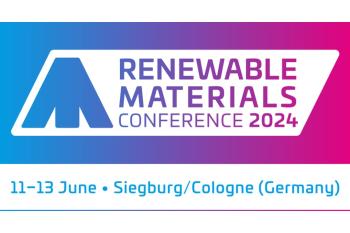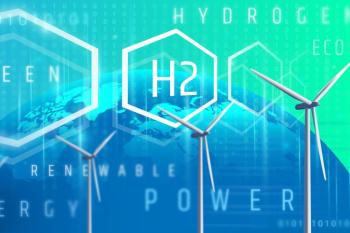Cancer Researcher Says Fracking Chemicals Are Carcinogens
23.01.2015 -
Chemicals "known to be carcinogens," such as benzene and formaldehyde, being used in hydraulic fracturing (fracking) for shale gas in South Africa's Karoo basin, could lead to an epidemic of cancer in the region, the acting head of research at the Cancer Association of South Africa (Cansa), has charged.
Speaking at a seminar on the possible negative effects of fracking on human health, Carl Albrecht said the two chemicals have been classified as Group1 carcinogens in humans by the International Agency for Research on Cancer.
Three companies have applied for shale gas exploration licences in South Africa's Karoo basin, including Shell, Falcon Oil & Gas and Bundu Gas & Oil, and the Department of Mineral Resources has granted them permission to explore using non-drilling techniques until regulations for fracking are finalized.
The country's Department of Environmental Affairs published a draft version of the regulations in 2013. A final version of the Mineral and Petroleum Resources Development Act Amendment, due to have been drafted by the beginning of this year has been held up in parliament, however.
Albrecht said the effect of fracking on human health was the one critical area missing from the draft regulations.
Environmentalists said it had been proven during preliminary exploration in the Karoo basin in the 1970s that water pollution from drilling could travel as far as 32 km, as all the underground aquifers were connected.
South Africa has had three years to conduct "proper water baseline tests" to determine the quality of the water before fracking started, Albrecht said, but this was not done because of disputes over who would pay for it, and who would own the information.












